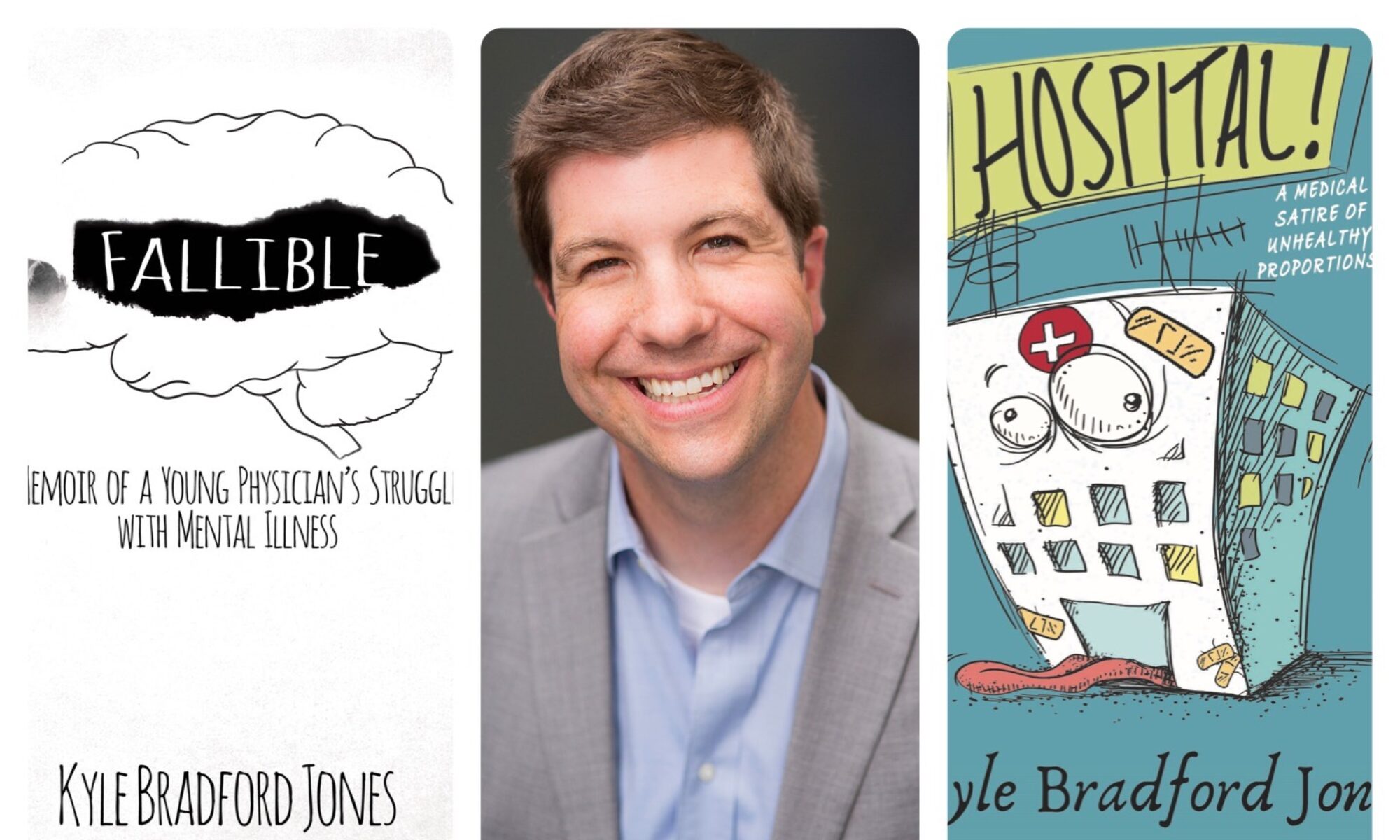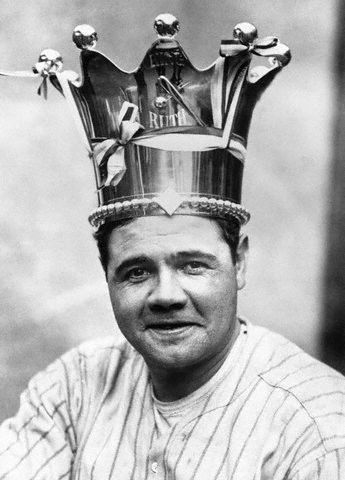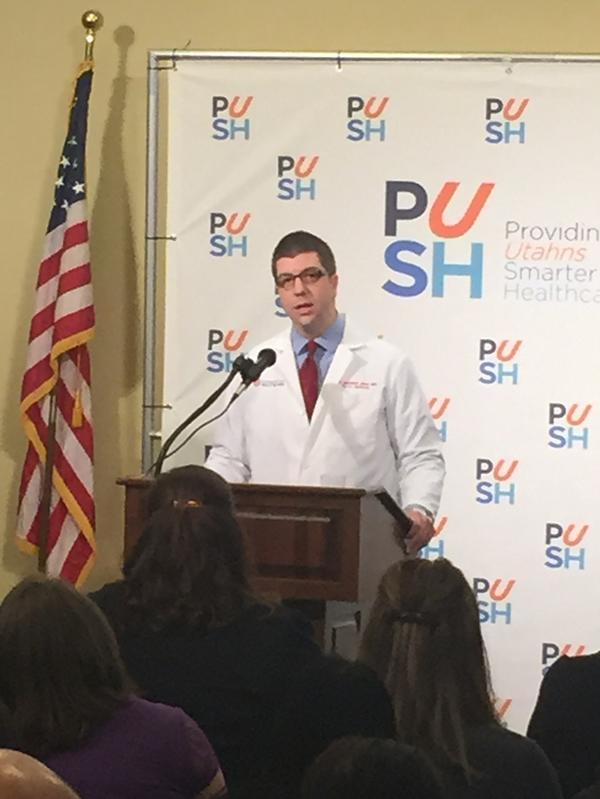Just over a century ago in 1918, 30 year old Hippo Vaughn won the pitching triple-crown, leading the National League in earned run average (ERA), strikeouts, and wins. Despite it being considered the “dead ball era” due to severe low scoring environments, his ERA+ was 159, meaning that he was 59% better than league average as he led the Chicago Cubs to the World Series that year. One year before this tremendous season he made history by throwing a double no-hitter with Fred Toney of the Cincinnati Reds. Both men retired all 27 batters through 9 innings, before Vaughn’s Cubs lost in the 10th inning. All of this together has led some to claim that he was the best left-handed pitcher in the National League, and maybe all of baseball, during the years of World War I.
Despite this amazing career, one thing sticks out to me more than any other: his name. He received this nickname midway through his playing career due to immense size and lumbering walk. In many ways it was an unfortunate nickname, and it is not known whether he found it offensive. Like it or not, it has obviously become part of his legacy. Many fewer remember Fred Toney than Hippo, because Fred isn’t quite as exciting a moniker.
Baseball history has provided many wonderful and well-known nicknames: Bumpus Jones, Lefty Grove, Dodo Bird, Cool Papa Bell, Catfish Hunter, Three-Finger Brown, Preacher Roe, and of course, Babe Ruth, to name just a few. There are numerous baseball nicknames, both then and now, that poke a little fun at the player (Yogi Berra, Wee Willie Keeler), describe some of his skills (Hammerin’ Hank Aaron, Brooks “the Vacuum Cleaner” Robinson), reference his ethnicity or nationality (the Hebrew Hammer, the Mexecutioner), make a play on his name (A-Rod), or even the occasional innuendo (the Big Unit, bar far my favorite baseball nickname of all time). The main thing that is missing in today’s nicknames, however, is the cognomen that becomes completely linked as a part of an individual’s moniker (such as the above mentioned Babe, Preacher, or Yogi). What’s happened to these nicknames?
While many current players have been given silly sobriquets, the majority of them are more akin to the simple, cultural shorthand names along the lines of A-Rod. The mind simply cannot create any less of a fallow appellation. Even the better nicknames, such as Country Breakfast (Billy Butler) or Kung Fu Panda (Pablo Sandoval), while much more creative and fun, still lack the identity-defining title. If George Ruth requested a reservation, few would notice. Even the baseball-centric nickname Sultan of Swat would draw more confused looks than excitement. If the name Babe Ruth were given, mountains would move to get him at your restaurant or hotel.
So why do we not have these anymore? I wish I had an inimitable answer, though the likely rejoinder is as with so many others nowadays: it’s the internet, stupid. A century ago, the world of newspaper barons holding a metropolitan monopoly on the daily rag allowed for few places for a player’s name to be experienced. Most of these distinguishing designations originated from either newspaper beat writers or teammates, though either of these origins would find its way into the public consciousness through a printed daily. It then became a ubiquitous identifier for the player, now known to all who may have an interest. The internet has now created so many sources of information on a player that few of the dozens (hundreds?) of nicknames given will stick. There are many great ones being created, but few catch on. Is this a worthy price to pay for internet accessibility? Absolutely. It’s just a shame that there may not be another Hippo coming along anytime soon.


